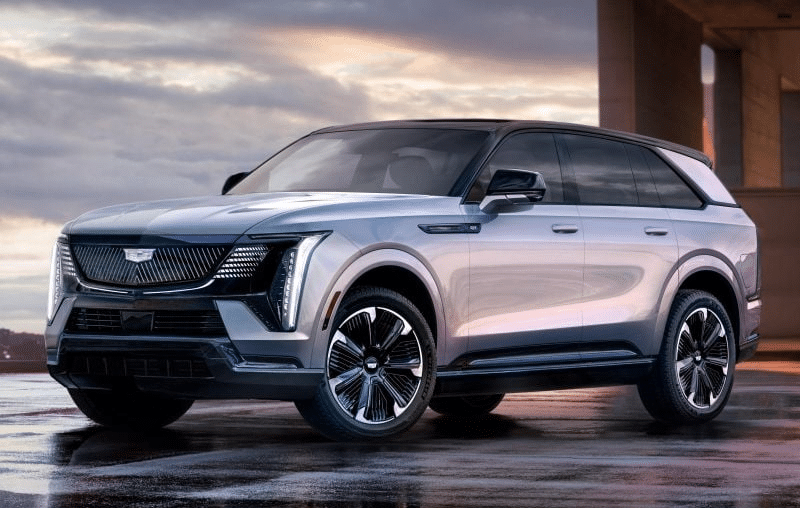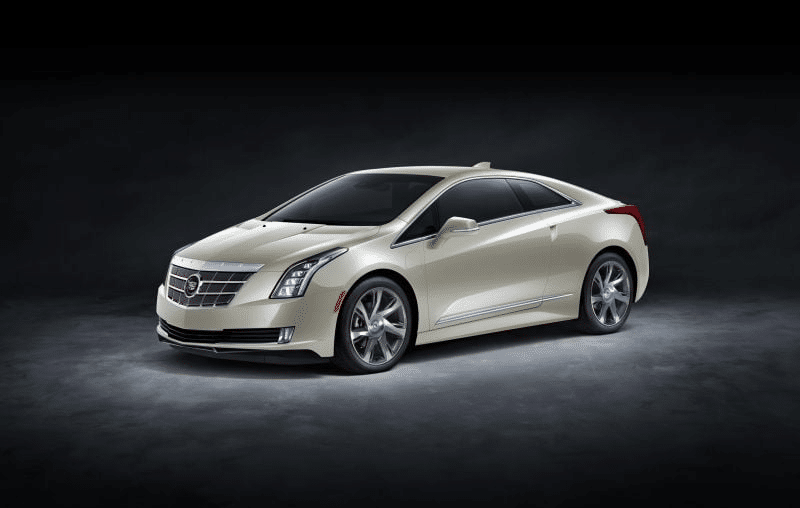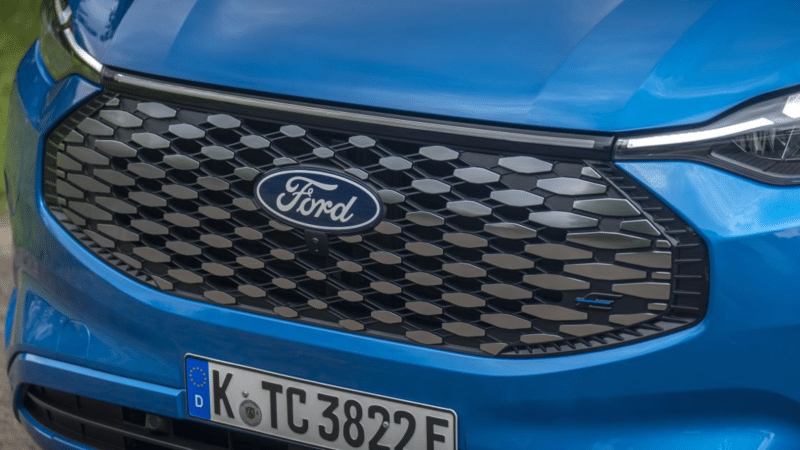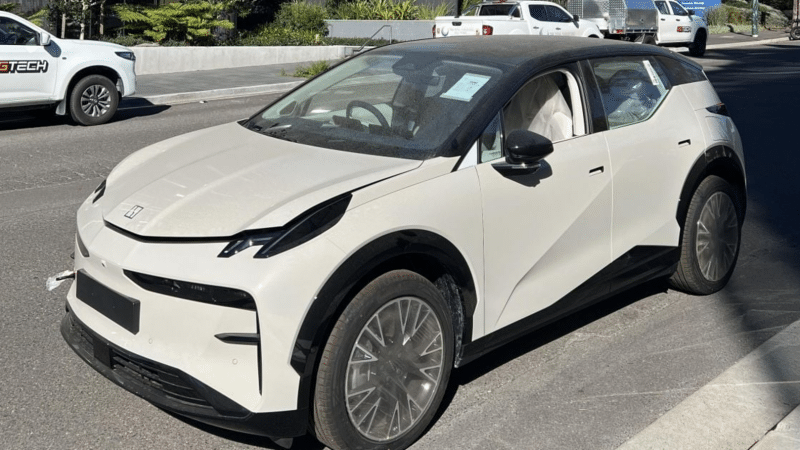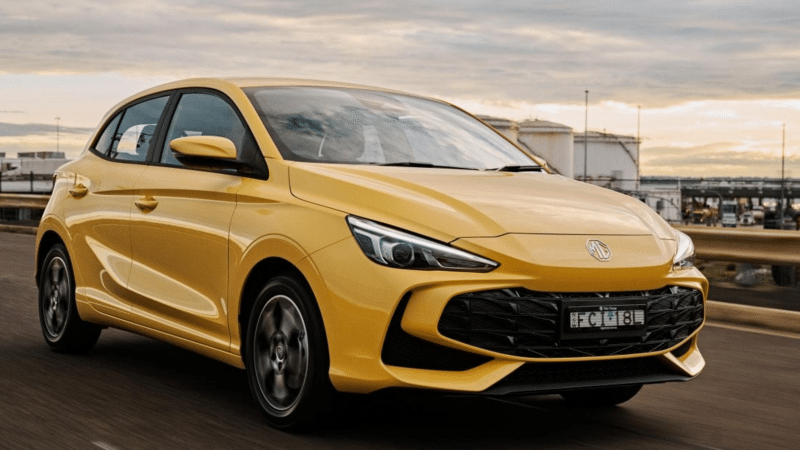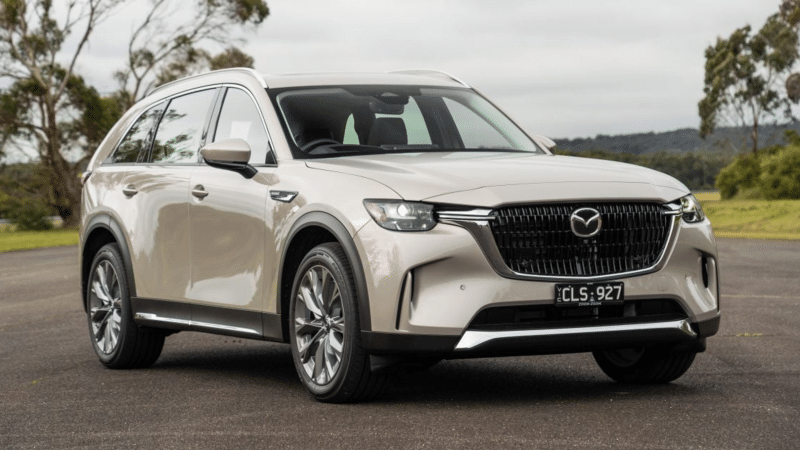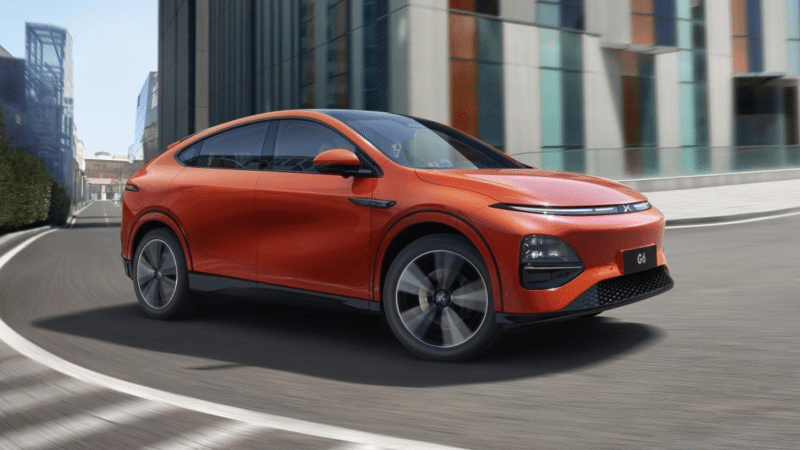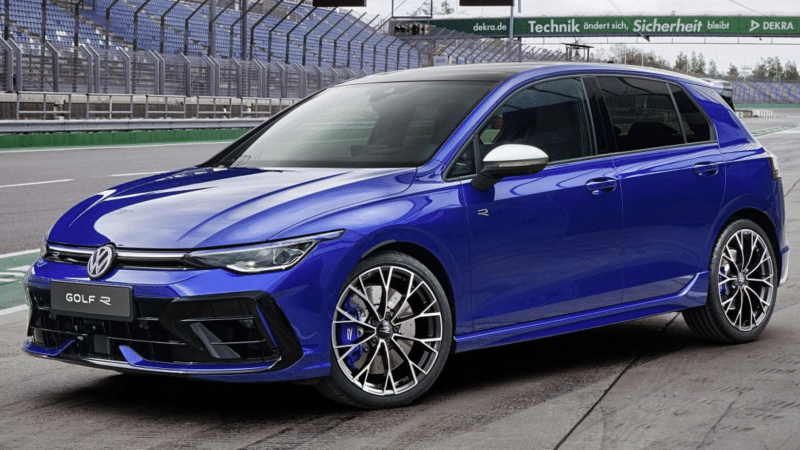Cadillac’s Electric-Only Lineup by 2030 Questioned as Consumer Demand Dictates
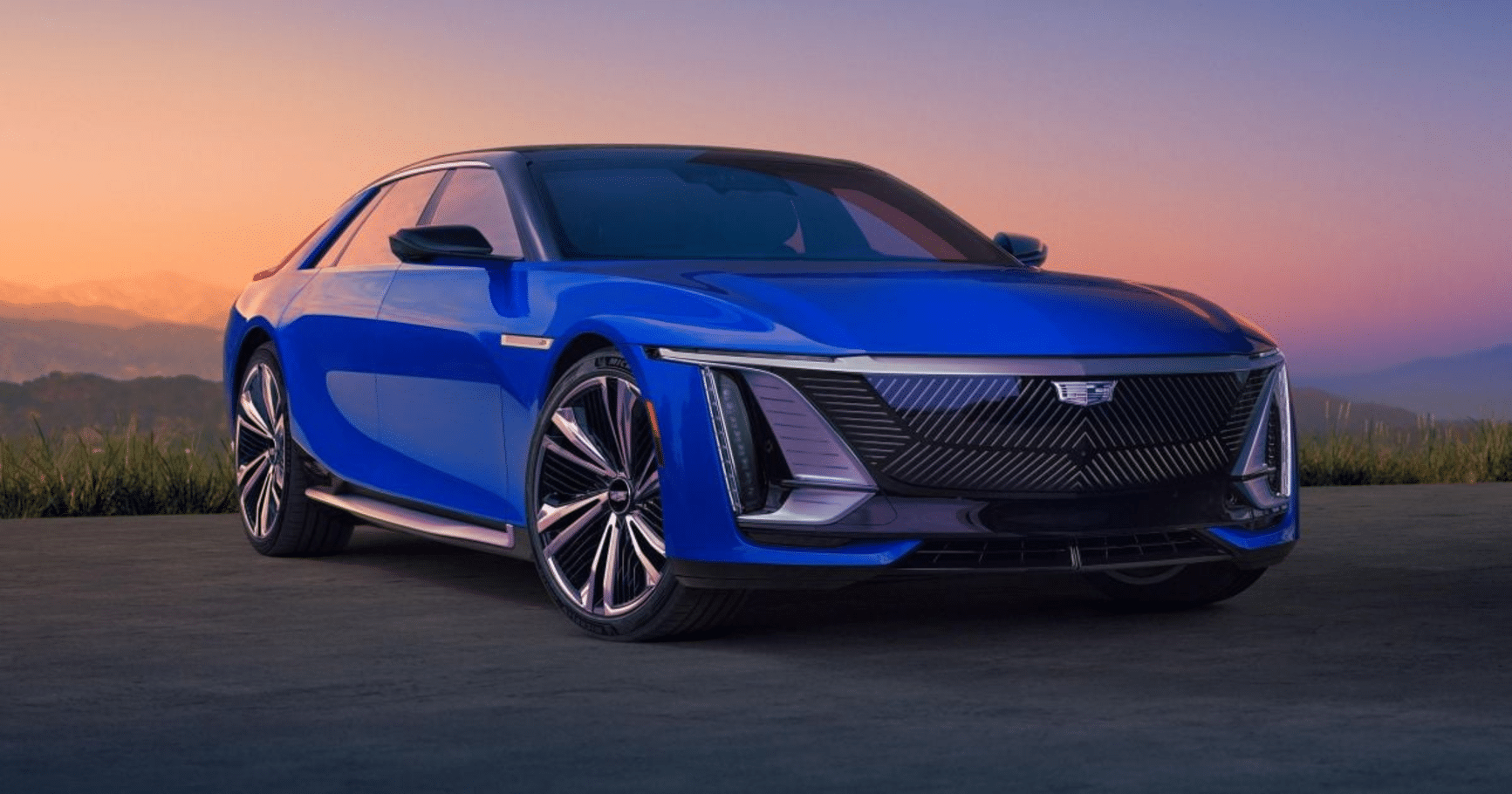
Cadillac’s Electric-Only Lineup by 2030 Questioned as Consumer Demand Dictates
Will the future of Cadillac’s lineup be dictated by customer preferences or the initial commitment to an electric-only brand?
Contrary to previous commitments, Cadillac’s luxury brand may not have an electric-only lineup by 2030, according to recent remarks by Cadillac officials. Both the global Cadillac vice president and the director of communications state that electric vehicles (EVs) and internal combustion engines (ICE) will coexist for years, allowing customers the luxury of choice. While Cadillac plans to offer an all-EV portfolio by the end of the decade, their strategy will be based on consumer demand. This suggests that combustion-powered Cadillacs could survive beyond 2030, contrary to previous announcements. However, Cadillac remains committed to introducing a full range of electric SUVs, with the Lyriq already available and plans for electric alternatives to its other North American SUVs. The introduction of electric sedans is also anticipated. These remarks align with recent adjustments luxury brands have made to their EV goals due to cooling demand.
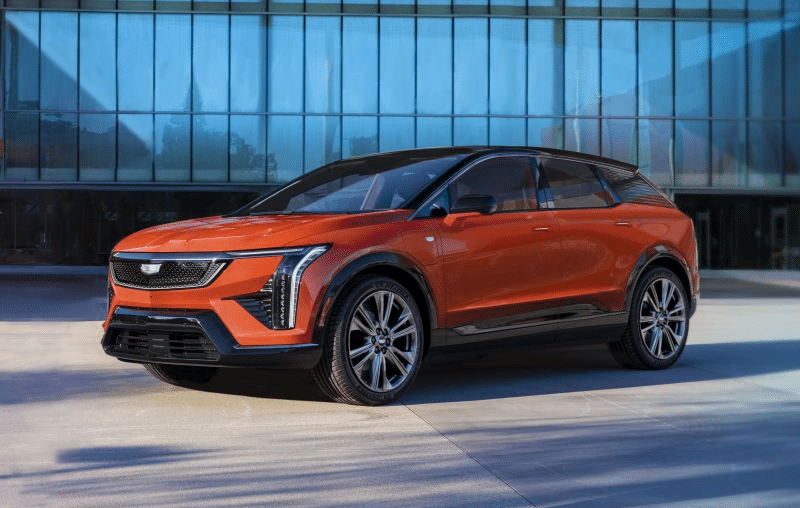
Cadillac’s global vice president, John Roth, clarified that EVs and ICE vehicles will coexist for a number of years, emphasizing the brand’s focus on providing customers with the luxury of choice. This suggests that Cadillac’s previous commitment to an all-EV lineup by 2030 may not hold true, as consumer demand will determine the direction of the brand.
Cadillac’s director of communications, Mike Albano, further explained that the earlier commitment to an EV-only lineup was more of a mission statement rather than a strict timeline. The brand recognized that the transition to electric vehicles will be gradual and driven by customer preferences. Albano’s remarks indicate that combustion-powered Cadillacs could continue to be sold beyond 2030, depending on market demand.
Despite this potential delay in transitioning to an electric-only lineup, Cadillac remains focused on offering a full range of electric SUVs. The brand has already introduced the Lyriq, an electric counterpart to its XT5 SUV, and has plans for electric alternatives to its other North American SUVs, such as the XT4, XT6, and Escalade. The recently unveiled Optiq, Vistiq, and Escalade iQ are all part of Cadillac’s electric SUV lineup, showcasing their commitment to electric mobility.
However, Cadillac’s electric lineup currently lacks electric counterparts for its CT4, CT5, and China-exclusive CT6 sedans. While these models do not have electric alternatives at present, previous reports suggest that electric sedans are in the works. Cadillac aims to cater to various customer preferences and expand its electric offerings in the future.
Cadillac’s stance on EVs aligns with the adjustments made by other luxury brands in response to cooling demand. Mercedes-Benz, for example, delayed its target of achieving 50% electric sales from 2025 to 2030. Bentley also extended the timeline for ending ICE sales from 2030 to 2033. Aston Martin has postponed its first EV launch and plans to continue selling ICE vehicles alongside plug-in hybrids. These developments highlight the need for brands to adapt their EV goals based on market conditions and consumer demand.
While it remains uncertain whether Cadillac will introduce plug-in hybrid electric vehicles (PHEVs) as a transition technology, General Motors (Cadillac’s parent company) has confirmed its commitment to eliminating tailpipe emissions from light-duty vehicles by 2035. PHEV versions of select models will be introduced in the coming year to comply with fuel economy and emission standards. This approach allows GM to deliver environmental benefits while building the necessary charging infrastructure for EVs.
Although Cadillac no longer offers PHEVs in its current lineup, it still plans to launch in Australia as an EV-only brand. GM Australia and New Zealand’s managing director, Jess Bala, affirms that the company’s product portfolio will not change despite reports of slowing EV demand in the US. The Lyriq crossover will be Cadillac’s initial offering in Australia, with additional models to be announced later. The brand is committed to providing customers with a range of impressive electric vehicles that showcase Cadillac’s capabilities.
In conclusion, Cadillac’s plans for an electric-only lineup by 2030 may be subject to change based on consumer demand. While EVs and ICE vehicles are expected to coexist for the foreseeable future, Cadillac remains focused on delivering a full range of electric SUVs and potentially expanding into electric sedans. The adjustments made by other luxury brands in response to cooling demand emphasize the need for flexibility and adaptation in the EV market. Cadillac’s commitment to an EV-only brand in Australia remains unwavering, with plans to launch the Lyriq and introduce more exciting electric models in the near future.
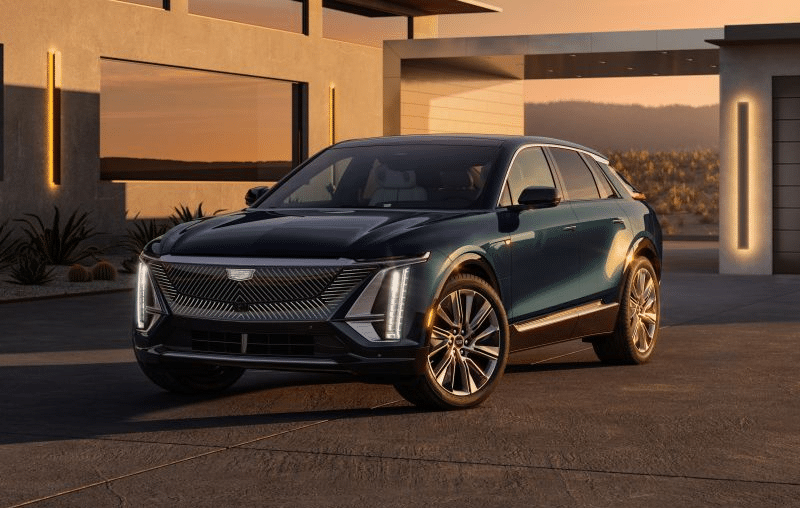
- Cadillac may not have an electric-only lineup by 2030, according to Cadillac officials
- EVs and ICE will coexist for years to cater to customer preferences
- Cadillac plans to offer an all-EV portfolio but will listen to consumer demand
- Cadillac is committed to introducing a full range of electric SUVs
- The brand may introduce electric sedans in the future
- Other luxury brands have adjusted their EV goals due to cooling demand
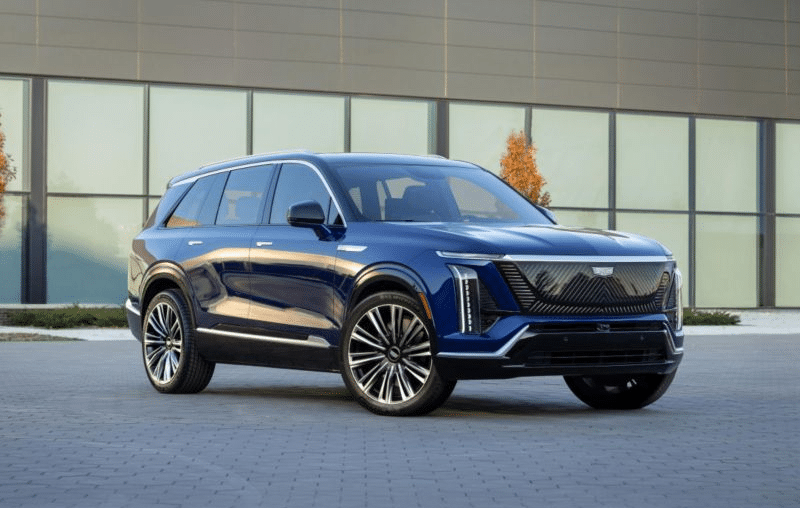
Cadillac’s previous commitment to an electric-only lineup by 2030 may not materialize as consumer demand influences the brand’s strategy. However, Cadillac will still offer a full range of electric SUVs and potentially introduce electric sedans. The adjustments made by other luxury brands highlight the importance of flexibility in the EV market. Despite possible delays, Cadillac remains committed to launching as an EV-only brand in Australia and delivering impressive electric vehicles.
